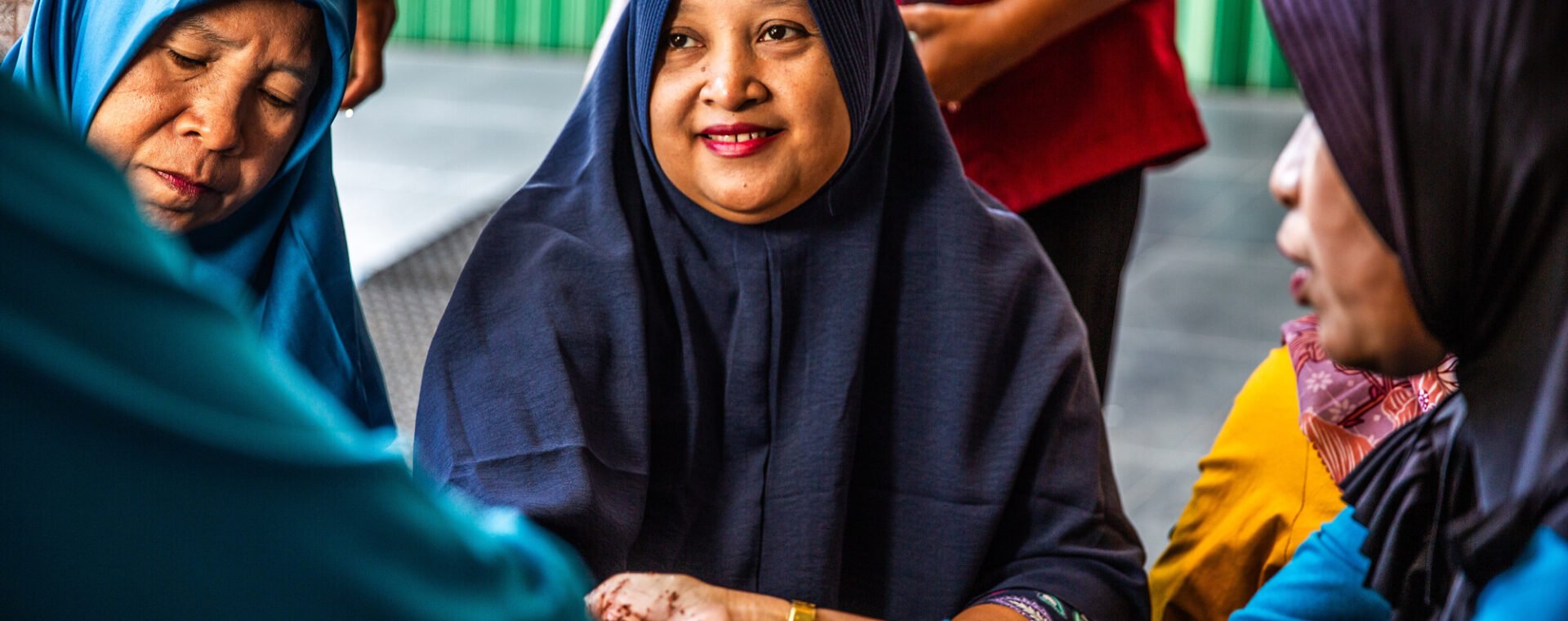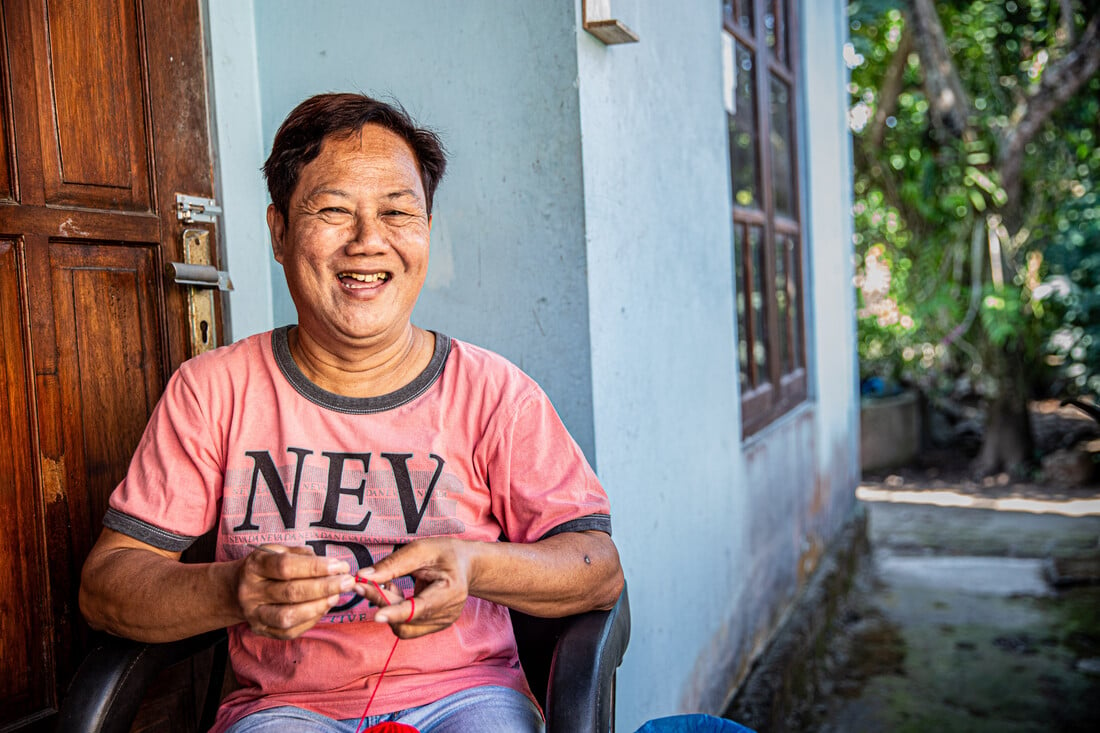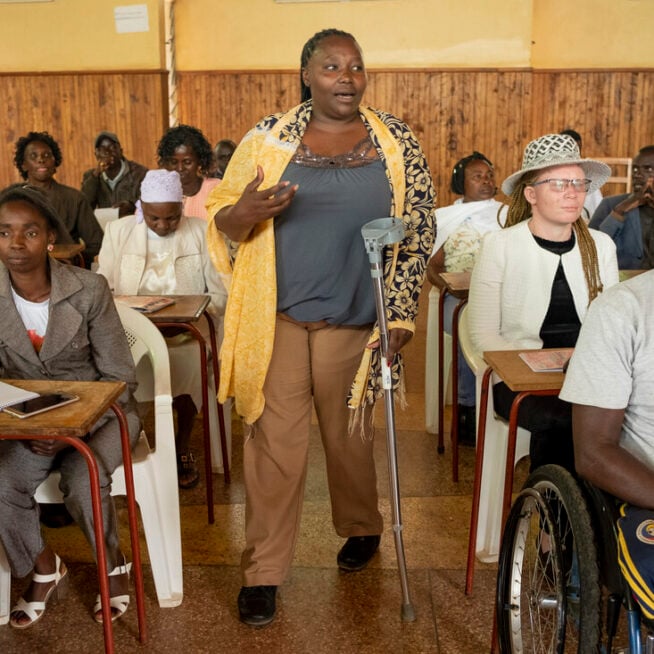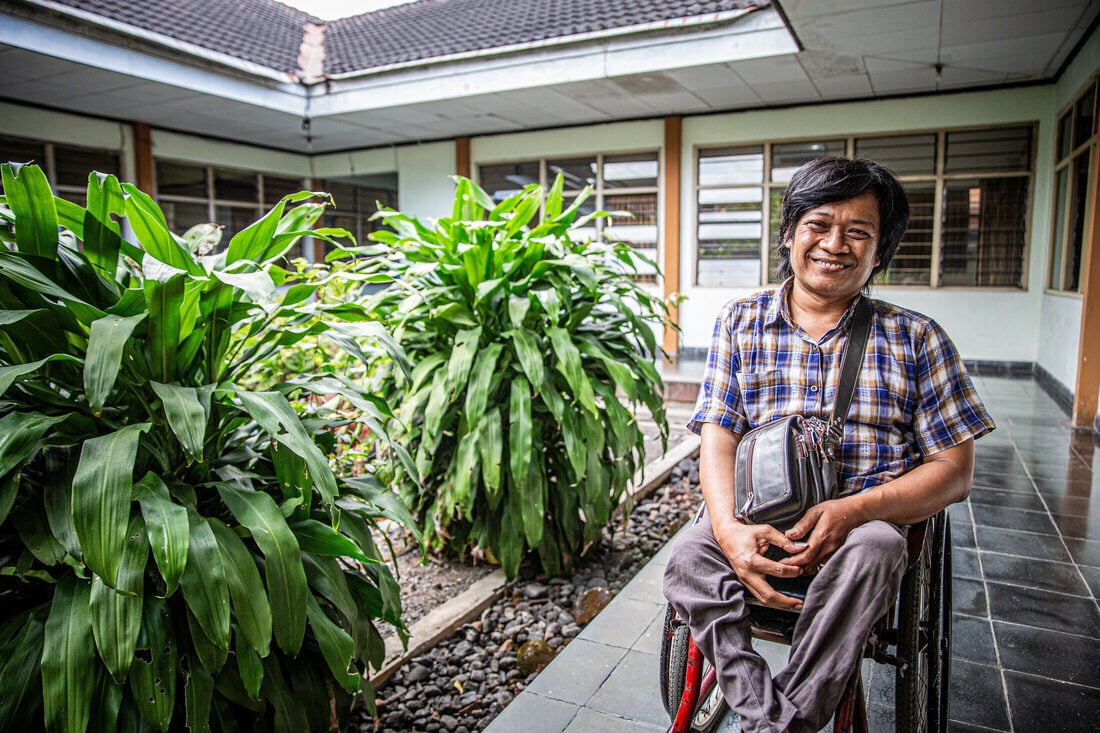The UN Convention on the Rights of Persons with Disabilities sets out fundamental human rights of people with disabilities. The convention describes what countries should do to ensure people with disabilities have the same rights as everyone else.
In reality, people with disabilities are often deliberately excluded from school, work, healthcare and community life in many places around the world. We’re working to create a world where all people with disabilities are accepted, included and empowered.



